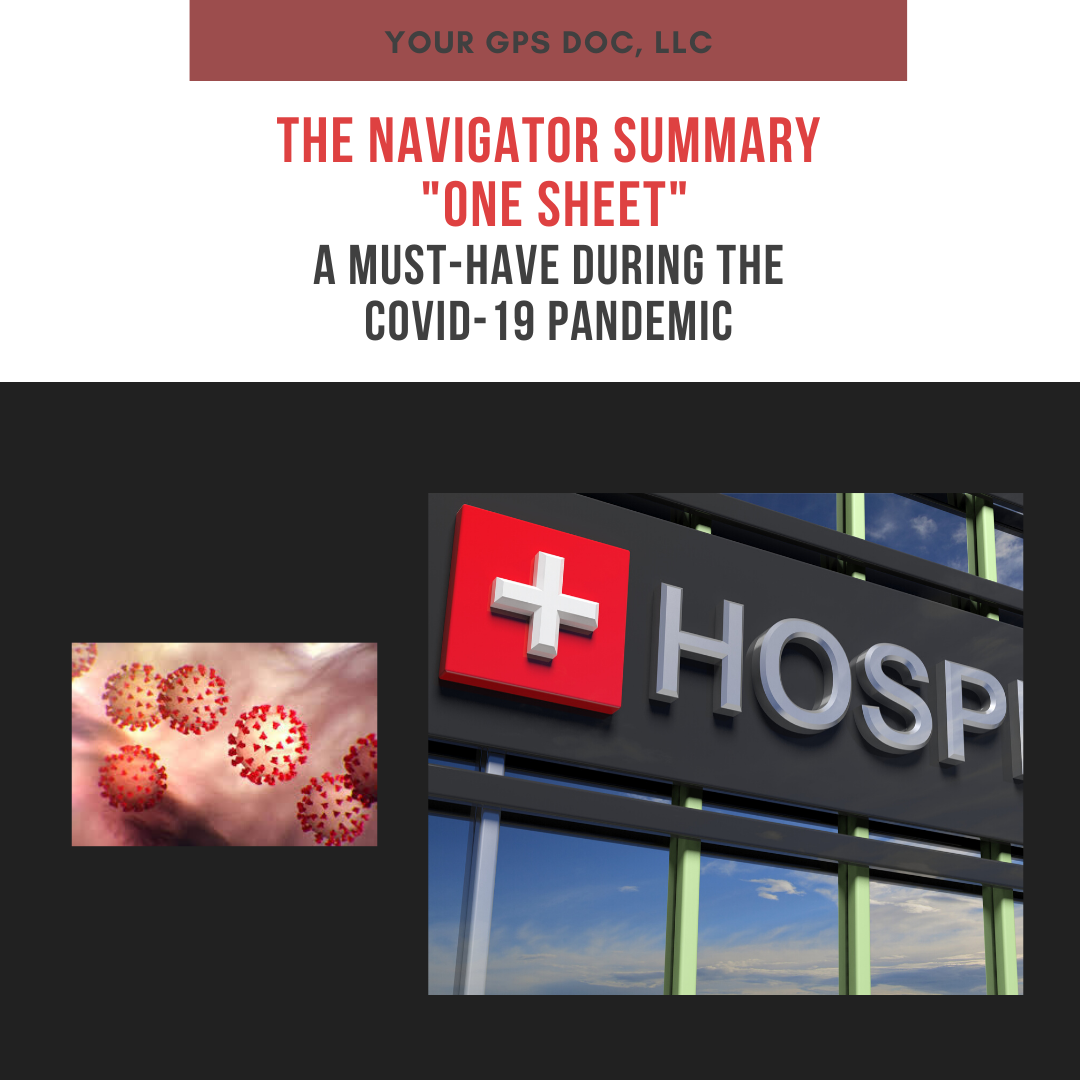Have you ever heard the saying, “What you don’t know won’t hurt you?” It’s sometimes used to glorify the “ignorance is bliss” mentality. The idea is that we can’t worry about issues if we don’t know about them. It is also used to justify lying by omission, the act of leaving out “small details” to spare someone else’s feelings or to avoid embarrassment or consequences. In a 2015 survey by Zocdoc, 27% of patients admitted to lying to their doctors or omitting health information during appointments. The most common reasons cited were embarrassment and lack of time or opportunity. I know it can be difficult to establish a trusting relationship in 15 minutes and I understand that some topics can be embarrassing to discuss. However, when it comes to your health history, transparency is everything. Leaving out important information can have detrimental consequences.
Below are three categories of information your doctor must know in order to provide excellent care:
- Social History
Your marital status, what you do for a living, whether you smoke, drink or use illicit drugs, and your sexual activity are collectively known as your “social history”. Many acute and chronic health conditions are caused and/or exacerbated by social habits. If you aren’t truthful with your physician it can lead to a delay in diagnosis or inappropriate treatment. Don’t minimize habits. If you smoke 2 packs of cigarettes per day, don’t say you smoke “occasionally”. If you are a former IV drug user, disclose this to your physician. Our job is to treat you, not to judge you.
- Accurate timeline and severity
In order to make the proper diagnosis, it is critical that your doctor has an accurate description of your symptoms. The details are important. When did the problem start? Are there things that make it worse or better? What have you done so far to treat your symptoms? Has this ever happened to you before? Are you having other associated symptoms? I know it can be difficult to remember details when a problem has been going on for a while or if the symptoms have been recurrent, but do your best. In those instances, taking notes can be very helpful. Don’t minimize or exaggerate your symptoms. Telling your physician the pain is a “10/10” when it barely hurts will potentially subject you to unnecessary tests and procedures. Conversely, minimizing chest pain may cause the medical team to miss an impending heart attack.
- Medications
It is estimated that 10% of U.S. deaths are caused by medication errors. Many of these are caused by drug-drug interactions. It is important that you give your doctor a complete list of all of the medications and vitamins/supplements you take. This will minimize your chances of being prescribed a medication that can cause harmful side effects when paired with other drugs. It is crucial that you are aware of your medication allergies and that you communicate this information to the medical team. Be honest about your medication usage. If you’ve stopped taking a prescribed medication, telling your doctor you are still taking it (particularly if your condition has not responded) may cause him to prescribe additional medications unnecessarily. If you’re taking multiple medications, keep an up-to-date list (consider taking pictures of the bottles with your phone) and bring it with you to every appointment.
The information you provide to doctors plays a key role in their ability to diagnose and treat you properly. Withholding information or being dishonest can lead to medical errors, which can have devastating consequences. When communicating with medical professionals, being an “open book” is the best and safest approach.
Image credit: istockphoto
Have you joined the Your GPS Doc Family? If not, please click here to receive notifications about new content as well as useful worksheets and additional resources only available to Your GPS Doc subscribers.








It’s so important that your docs know what – if nay – medications you are taking. I always advise persons to bring their medications or a CURRENT list with them to doctor’s appointments rather than guessing how my mg of this or that they take. #BLMGirl
Thanks for your comment, Tomi! You are giving good advice!
Thank you for this article! As a patient I recognized the importance of sharing #2 when visiting my physician’s office several months ago and her response was “Wow…thank you for coming prepared with details…this really helps…”. I was able to share the date my symptoms started, periods of greater intensity in pain, what I was doing when it did, what medications I took to relieve it, and any other symptoms that preceded and followed the concern. I was not afraid to be honest – partially for selfish reasons as I really needed my medical issue resolved. However, it did teach me a lesson to be detailed, yet concise with my physician. Your website and email newsletters have been extremely informative!
Thank you, Tawanna. It makes me so happy to hear about patients taking their health into their own hands. I am happy you are finding value in the articles and newsletters!